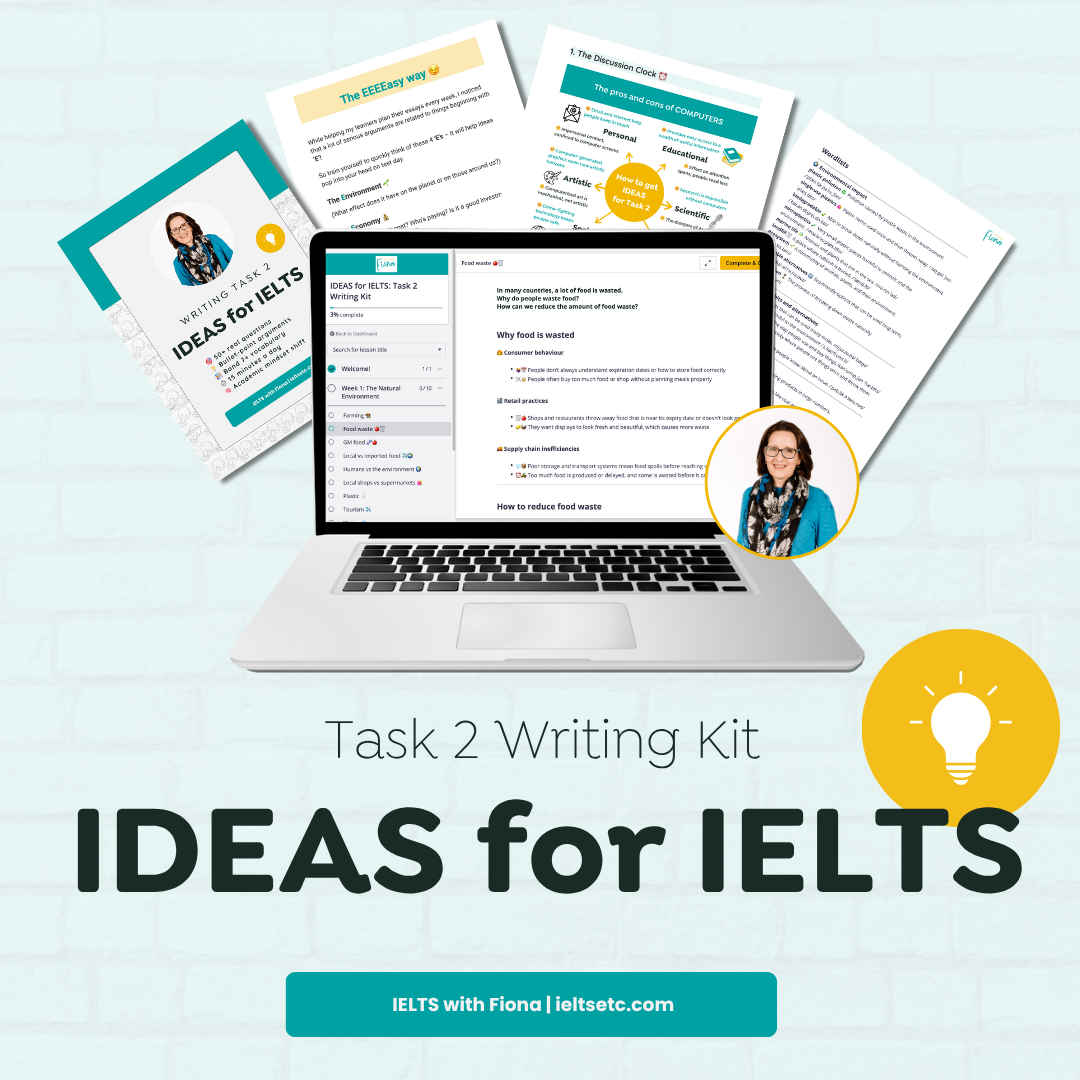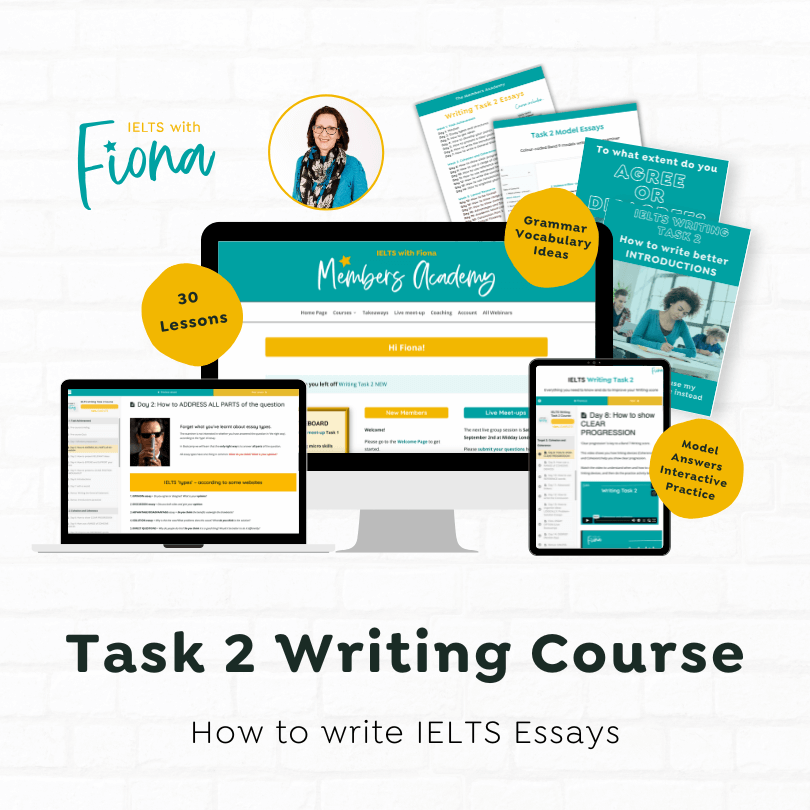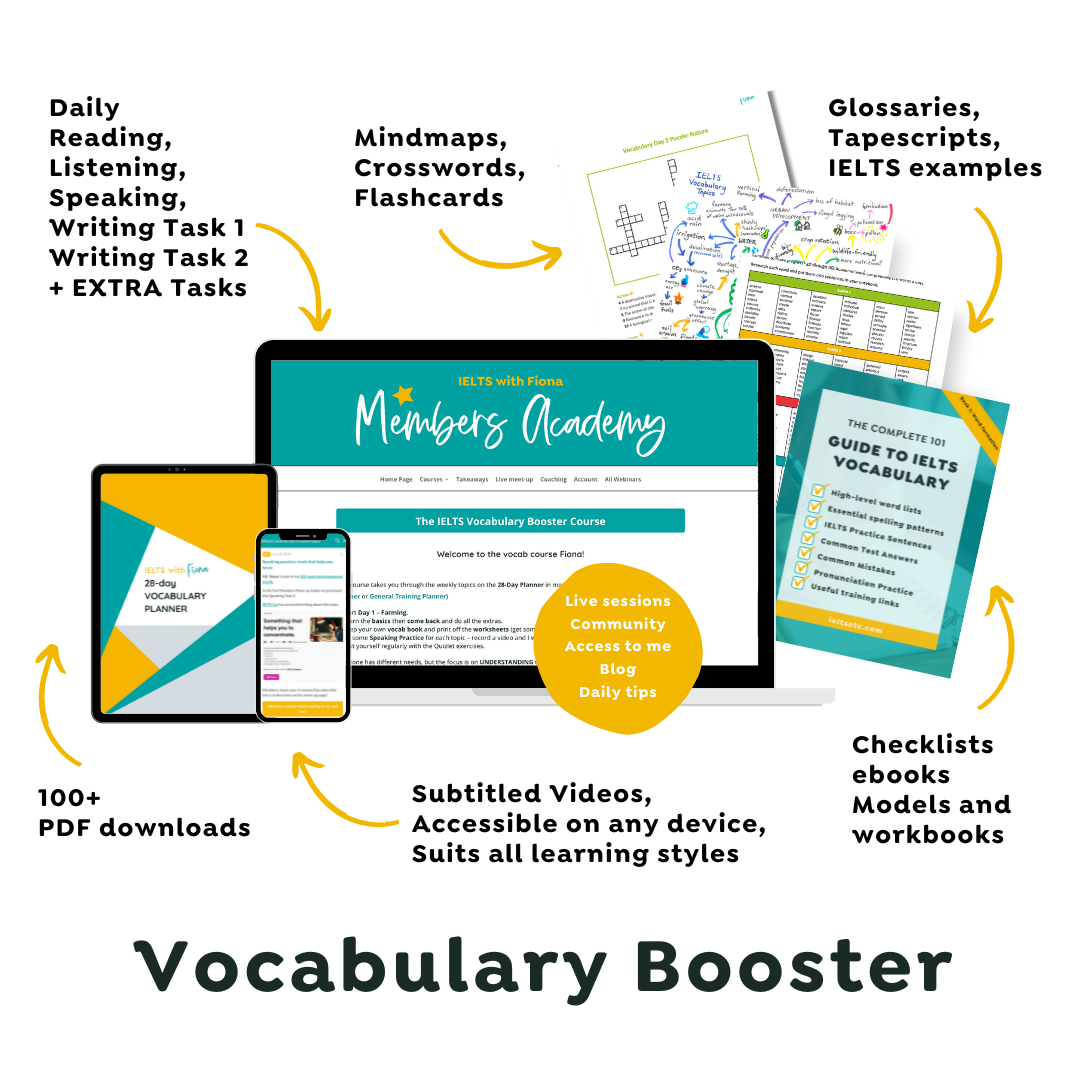1. Start with a strong general statement 💡
Don’t just rewrite the question - it often leads to mistakes.
Do introduce the topic in an interesting way: compare with the past, mention a recent trend, or give a widely held opinion.
💡 Tip: Follow it with the opposite idea to show balance.
2. Make your opinion clear from the start 🗣️
Don’t wait until the conclusion to share your view.
Do state your opinion in the introduction (Say 'In my opinion,' or 'This essay will argue...')
💡Tip: Use PEEL (Point, Explain, Example, Link) to keep paragraphs focused.
3. Answer the question directly ✅
Don’t go off-topic or add ideas that don’t connect to the task.
Do plan your essay and check every point answers the question.
4. Use collocations you know 📚
Don’t risk incorrect “impressive” phrases.
Do learn short, flexible word combinations like “a worrying trend” or “tackle the issue.”
💡 Tip: Avoid memorised whole sentences — they won’t get you beyond Band 6.
5. Expand your vocabulary carefully 🧠
Don’t throw in “fancy words” just to sound advanced.
Do use topic-specific words you know are correct and appropriate.
💡Tip: Build vocabulary lists for each common IELTS topic.
6. Organise into clear paragraphs 📄
Don’t worry about essay 'types'.
Do use 4–5 paragraphs, each with one main idea.
💡Tip: Avoid overusing linking words — they can sound unnatural.
7. Keep your language formal 🎓
Don’t use contractions, slang, idioms, or abbreviations.
Do choose formal words instead of phrasal verbs (e.g.'take part in' → 'participate').
8. Get feedback 🔍
Do try AI tools for a quick idea of your level.
💡Tip: If you’re still stuck, get personalised feedback so you know exactly what’s holding you back.
Want to see model answers and get expert corrections?
Join my Bronze Membership for lessons, templates, and feedback options.





Comments ()